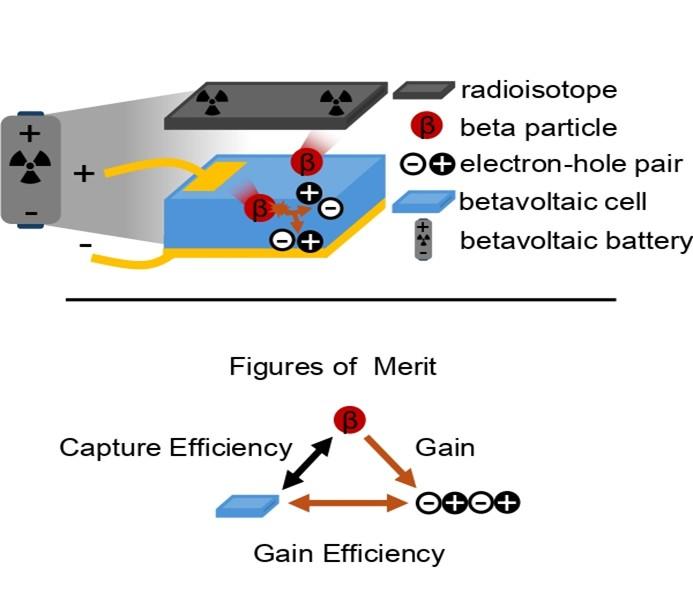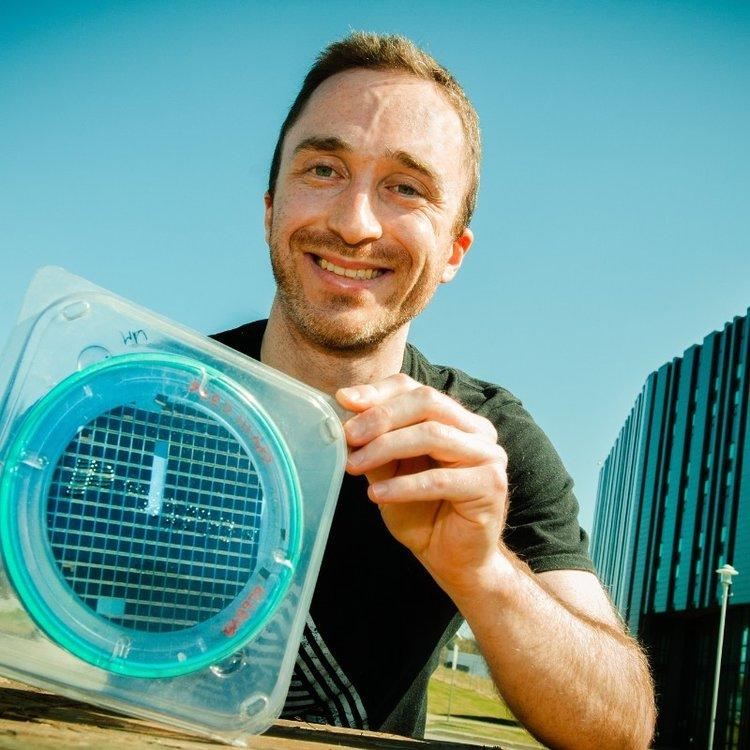What if you never had to worry about recharging your devices again? The University of Ottawa has just made a major advance in the area of betavoltaic batteries. Imagine a world where a heart pacemaker works for your whole life on its own. Such an innovation could revolutionize daily life!
For the first time, in collaboration with Canadian Nuclear Laboratories (CNL), uOttawa researchers have proposed three new, clear indicators to measure and compare the batteries’ performance. The goal is to facilitate and accelerate the development of super long-lasting betavoltaic batteries. CNL has been working in the field of nuclear batteries for over a decade and is well positioned in this area because of their capability to handle radioactive tritium in large amounts.
Betavoltaic batteries can generate electricity for more than 10 years without recharging and function in extreme conditions, whether in space, on the sea floor or in the Arctic. The three “figures of merit” presented — capture efficiency (the capacity of material to absorb beta energy), gain (the multiplier effect in current generation —— enable article generates more than one charge contributing to the electrical current) and gain efficiency (the ability of the device to collect the charge generated) —enable understanding of the internal physical mechanisms, identify limitations and offer a universal framework for a fair comparison of all betavoltaic technologies.
“With capture efficiency, gain and gain efficiency, we can finally compare betavoltaic cells simply and accurately. These tools will enable big improvements, thus making the energy transition more efficient and sustainable,” says Mathieu de Lafontaine, an assistant professor in the Faculty of Engineering and study lead author.


“Thanks to this advance, researchers will be able to characterize and optimize betavoltaic cells more easily”
Mathieu de Lafontaine
— Assistant professor, Faculty of Engineering
This step forward positions the University of Ottawa at the cutting edge of research on the batteries of the future. This new means of standardization will benefit scientists and industry, and society as a whole, enabling a faster transition to sustainable energy sources, especially for extreme conditions.
“Thanks to this advance, researchers will be able to characterize and optimize betavoltaic cells more easily. It will also help manufacturers speed up development of long-life batteries,” says de Lafontaine.
The study, titled “Figures of Merit to Quantify Betavoltaic Device Performance,” was published in Cell Reports Physical Science.
